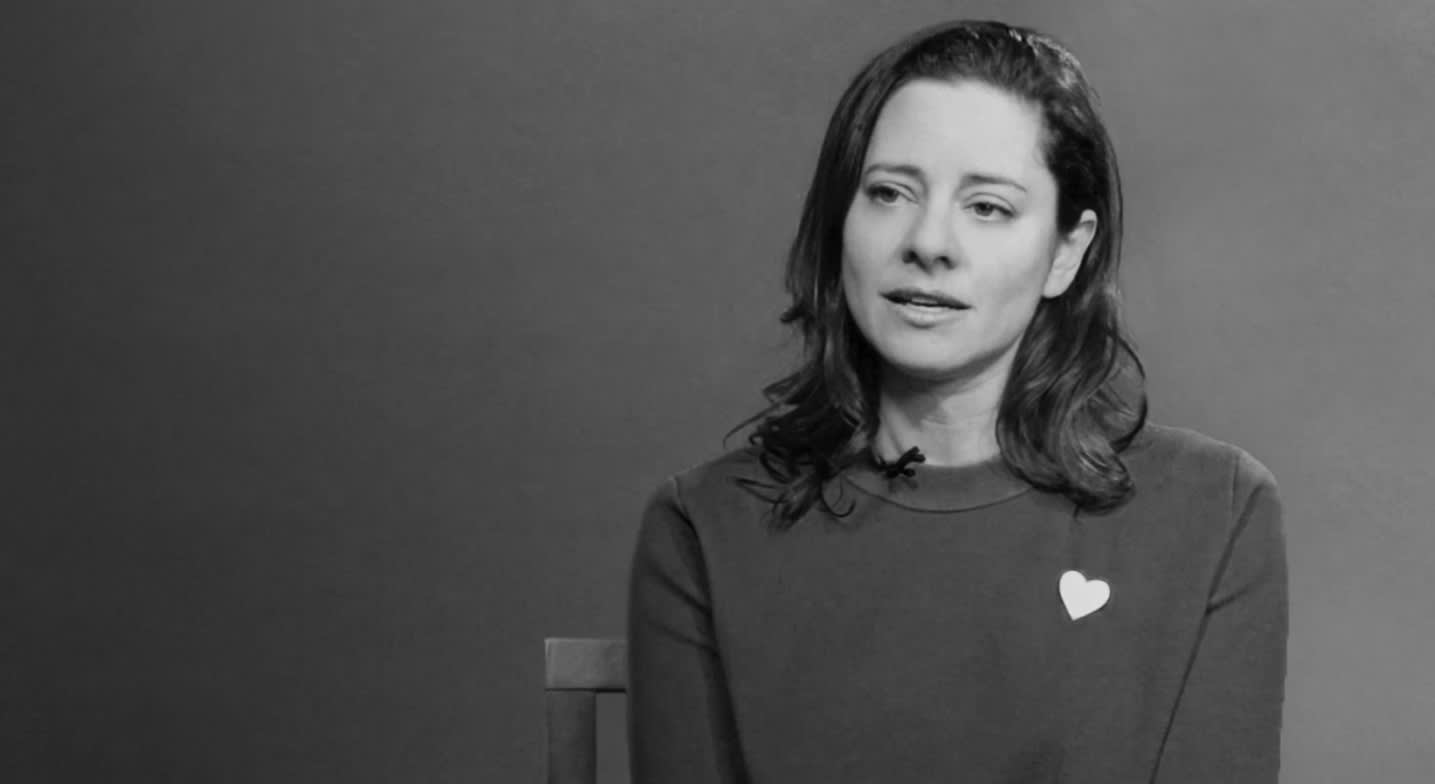After years of honing her craft in everything from polemics to biography, journalist Ariel Levy has found her niche as a storyteller. Whether chronicling the life of lesbian activist or revealing discrimination in sports with intersex Olympic runner , she has dedicated the last two decades to shining a light on exceptional women living unconventional lives, accomplishing remarkable things. We sat down with Ms. Levy to discuss her most recent exceptional subject: herself.
Note: Text will not match video exactly.
Nikki Vail: How did you come up with the title of your memoir,
Ariel Levy: I guess I was just thinking about how the rules that my mother — and certainly her mother — had to follow were not of any concern to me. I was raised to believe that I could be the protagonist in my own life, that I didn’t have to be a mother or a wife if I didn’t want to, and that I should follow my dream, that I wanted to be a writer so that’s what I should do. I felt like that was an unbelievably lavish gift from the women’s movement to my generation, that we could be born and grow up thinking that we were full people who could do whatever we wanted.
The rules of “you’ve got to get married,” “you’ve got to find a husband.” God knows [for] my grandmother, it was a matter of survival for her. If she didn’t have a husband she wouldn’t have been able to eat food. I thought about those rules a lot, but I also thought more generally about how much has shifted in our culture in my lifetime and how somebody like Edith Windsor, who I wrote about, who is the plaintiff in the Supreme Court case that overturned the Defense of Marriage Act and effectively legalized same sex marriage in this country.
She had to be able to look at the rules and say, “No, this isn’t fair. I don’t like that my spouse of many decades has died and that I have to pay taxes on that money. And if my spouse had been a man I wouldn’t have to. Those are the rules? They’re not fair. I’m going to change them. They shouldn’t apply to me and I’m going to make it so they don’t apply to anyone.” That’s bravery; that’s heroism. I think that there’s a way in which that mindset brings you hugely important progress in the ongoing quest for social justice.
NV: The Rules Do Not Apply tells the story of a relationship beginning and ending. How do you view marriage now?
AL: I think the main thing is that the first time I got married, I was 30. I’m 42 now. I think my level of obsession with adventure and novelty and excitement and newness and sexual opportunism is very different as a 42-year-old than it was as a 30-year-old.







